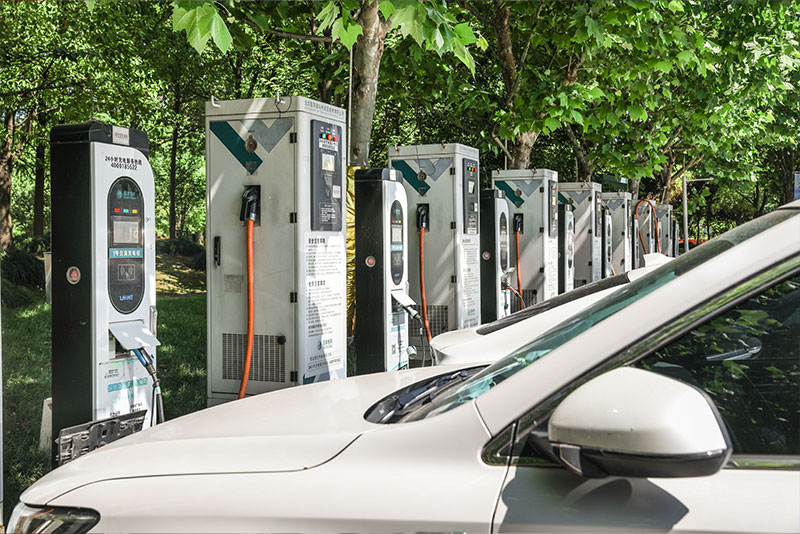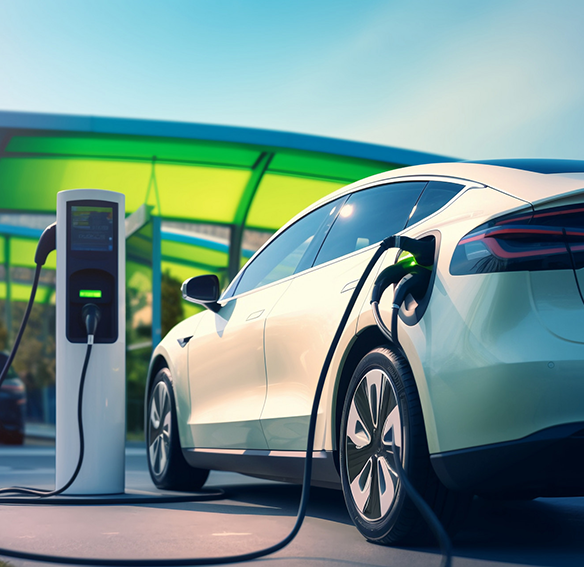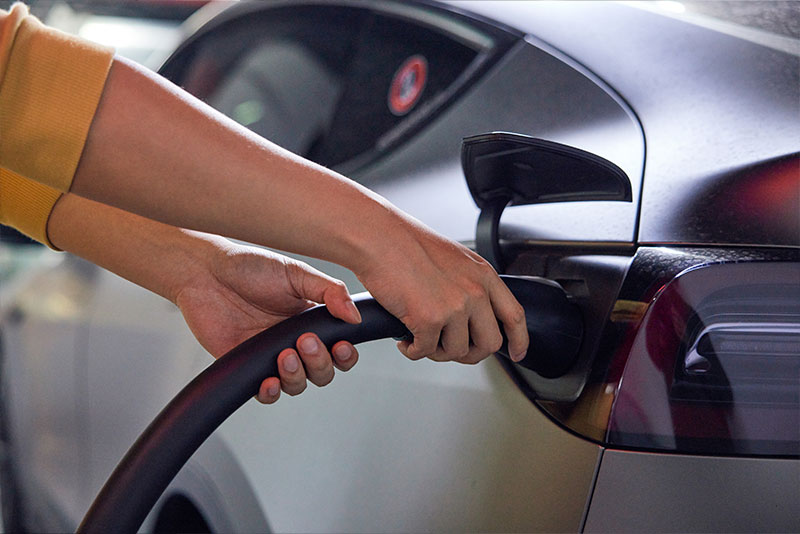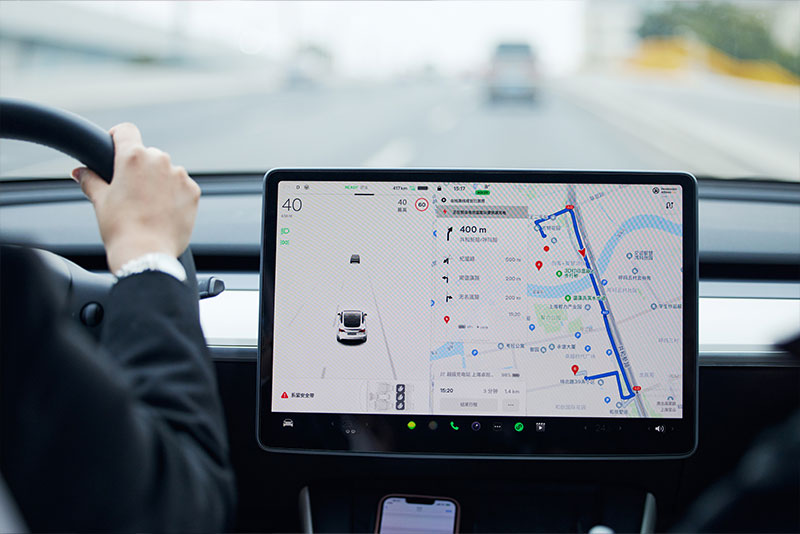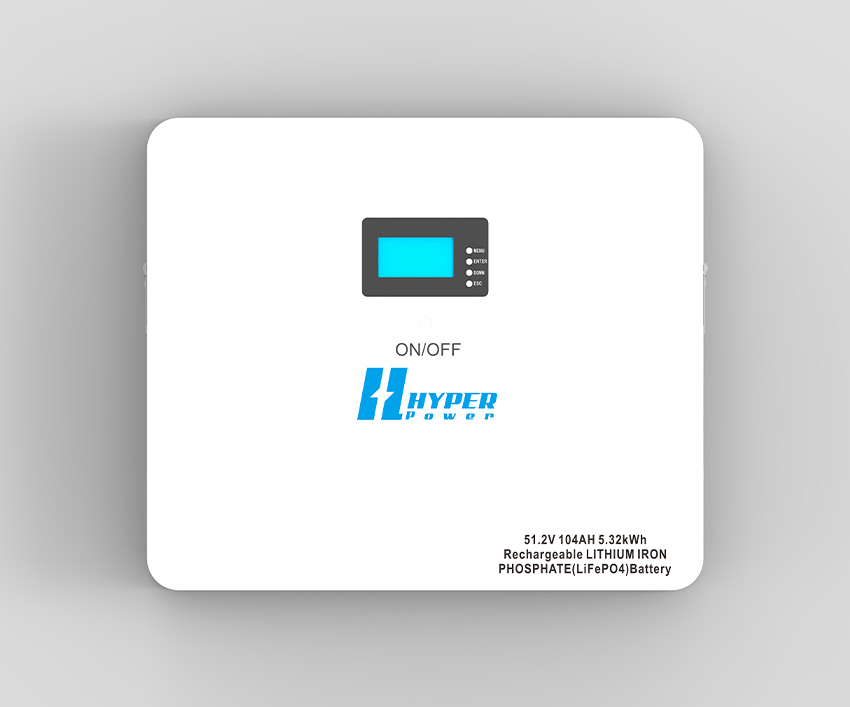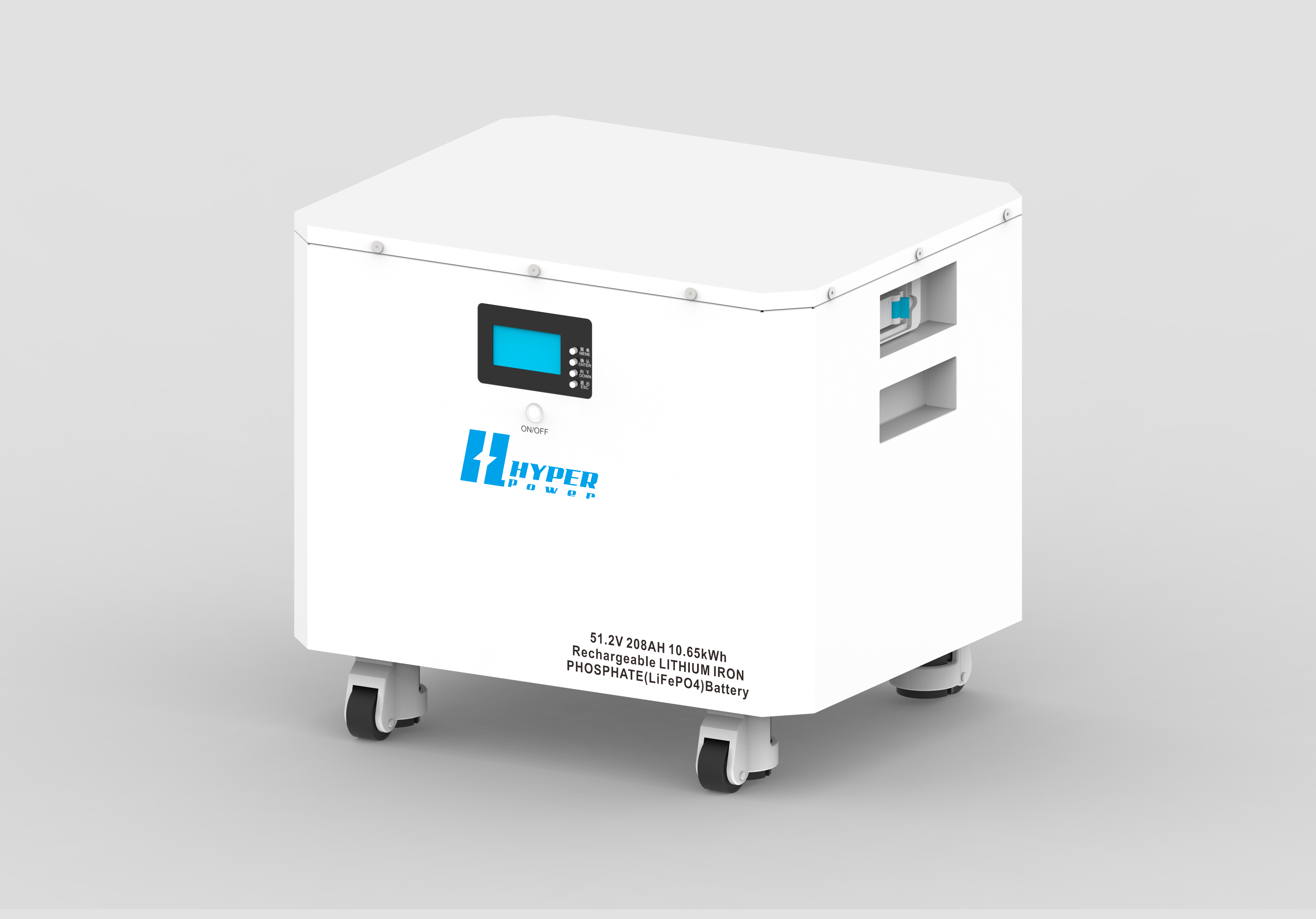Everything You Need to Know About 12 Volt Lithium Car Batteries
Cover everything you need to know about 12 volt lithium car batteries, from their advantages over traditional lead-acid batteries to their applications in electric vehicles, hybrid cars, RVs, and performance vehicles.
Introduction
In the rapidly advancing world of automotive technology, 12 volt lithium car batteries are emerging as a top choice for car owners, replacing traditional lead-acid batteries in many applications. Known for their exceptional performance, lighter weight, longer lifespan, and improved efficiency, these batteries are increasingly popular among car enthusiasts, electric vehicle (EV) owners, and even those seeking to upgrade their existing systems. This comprehensive guide will explore every aspect of 12 volt lithium car batteries, including how they work, their advantages, applications, how to choose the right one, and tips for maintenance. By the end of this blog, you'll be equipped with all the information you need to make an informed decision about upgrading your vehicle’s power system.
What Are 12 Volt Lithium Car Batteries?
A 12 volt lithium car battery is a power source designed specifically for vehicles that operates at a nominal voltage of 12 volts. Unlike traditional lead-acid batteries, which use a chemical reaction between lead and sulfuric acid to generate electricity, 12 volt lithium car batteries use lithium-ion technology. These batteries are built to store and release energy by the movement of lithium ions between the positive and negative electrodes inside the battery cells.
How Does a 12 Volt Lithium Car Battery Work?
To understand how a 12 volt lithium car battery works, it’s important to first understand the fundamental components of lithium-ion technology. Lithium-ion batteries consist of several key parts:
- Anode: The negative electrode, typically made from graphite.
- Cathode: The positive electrode, typically made from lithium metal oxide.
- Electrolyte: A lithium salt solution that facilitates the movement of ions between the anode and cathode.
- Separator: A material that keeps the anode and cathode from touching each other, preventing short circuits.
When the battery is charged, lithium ions move from the cathode to the anode. When the battery discharges, these ions flow back to the cathode, generating electrical energy that powers the vehicle’s electrical components. This process is highly efficient, which is why 12 volt lithium car batteries tend to offer longer lifespan, better energy density, and faster charging times compared to their lead-acid counterparts.
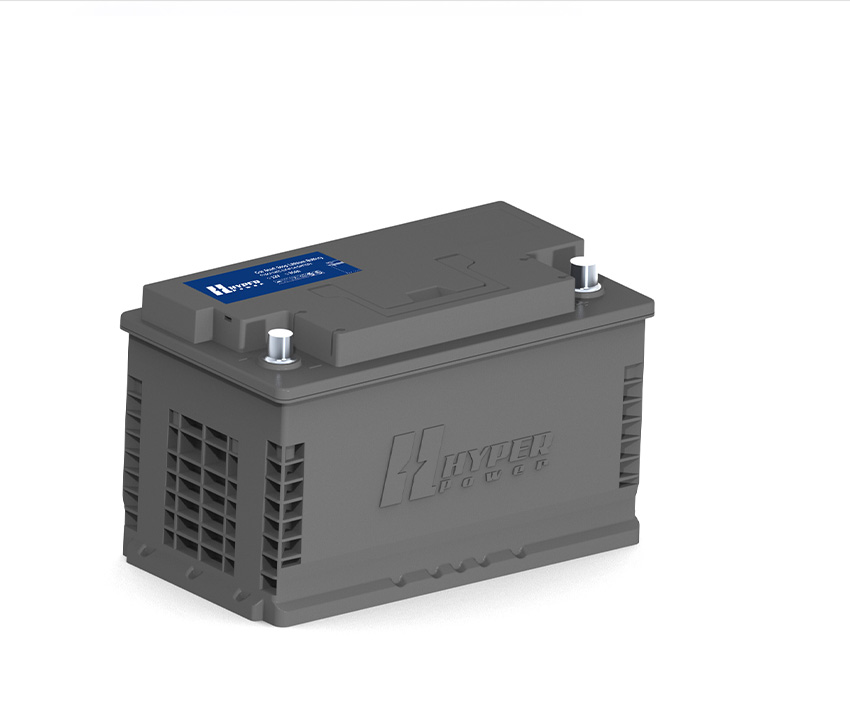
Advantages of 12 Volt Lithium Car Batteries
When considering the switch to a 12 volt lithium car battery, there are numerous advantages to keep in mind. These benefits are why many car manufacturers and owners are making the transition to lithium-based batteries, whether for electric vehicles, performance cars, or even conventional gas-powered vehicles.
1. Lighter Weight
One of the primary benefits of 12 volt lithium car batteries is their lightweight nature. Lithium batteries can weigh up to 70% less than traditional lead-acid batteries. For example, a typical lead-acid battery may weigh around 30-50 pounds, while a lithium equivalent can weigh as little as 10-15 pounds. This weight reduction can have significant benefits for the overall performance of the vehicle. In electric vehicles, this translates into increased range and efficiency, while in performance cars, it contributes to faster acceleration and better handling.
2. Longer Lifespan
Lithium-ion batteries are designed to last much longer than lead-acid batteries. While traditional 12 volt lithium car batteries typically last around 3-5 years, a lithium-ion battery can last anywhere from 8 to 10 years or more with proper care. This longer lifespan is largely due to the fact that lithium-ion batteries have a higher charge cycle, meaning they can be charged and discharged many more times before their performance begins to degrade. In the long run, this results in fewer replacements, making lithium batteries a more cost-effective solution.
3. Faster Charging Time
Another key advantage of 12 volt lithium car batteries is their ability to charge much faster than lead-acid batteries. A lithium battery can charge up to 5 times faster than a lead-acid battery, depending on the charging system used. This means less downtime for your vehicle and more convenience. For instance, while a lead-acid battery might take several hours to charge, a 12 volt lithium car battery can be fully charged in as little as 1-2 hours, depending on the charger’s output.
4. Better Performance in Extreme Conditions
Unlike lead-acid batteries, which can struggle in extreme temperatures, 12 volt lithium car batteries are far more resilient in both cold and hot environments. In colder climates, lead-acid batteries often experience reduced performance due to slower chemical reactions, while 12 volt lithium car batteries continue to operate efficiently. Additionally, lithium batteries can tolerate higher temperatures without significant performance degradation, making them ideal for a wide range of climates and applications.
5. Higher Efficiency
Lithium batteries operate at a higher efficiency, meaning they provide more usable energy from the same amount of charge. For a 12 volt lithium car battery, this means that less energy is wasted during the charging and discharging process. As a result, vehicles with lithium batteries can experience improved fuel efficiency, longer driving range (in electric vehicles), and better overall performance. In addition, the higher energy density of lithium batteries means they can store more energy in a smaller and lighter package, further optimizing vehicle performance.
Common Applications of 12 Volt Lithium Car Batteries
While 12 volt lithium car batteries are most commonly associated with electric vehicles (EVs), their applications extend to various other vehicles and systems. Below are some of the most popular applications:
1. Electric Vehicles (EVs)
The rise of electric vehicles has brought 12 volt lithium car batteries to the forefront of the automotive industry. These batteries are used to power the vehicle’s 12-volt electrical systems, such as lights, infotainment, and HVAC (heating, ventilation, and air conditioning). In EVs, the main propulsion battery is typically much larger, but a 12 volt lithium car battery still plays a crucial role in powering non-driving functions. These batteries are ideal for this purpose because of their lightweight, long-lasting, and efficient characteristics.
2. Hybrid Vehicles
Hybrid vehicles combine a traditional internal combustion engine with an electric motor. These vehicles also require a 12 volt lithium car battery to power non-propulsion systems like the lights, entertainment system, and air conditioning. Since hybrid vehicles rely on both gasoline and electric power, a high-efficiency 12 volt lithium car battery helps improve fuel efficiency and overall vehicle performance.
3. RV and Boat Applications
For recreational vehicles (RVs) and boats, 12 volt lithium car batteries are increasingly being used to provide power to a wide variety of systems, including lights, refrigerators, water pumps, and other electronics. Lithium batteries are particularly popular in these applications due to their high energy density, long lifespan, and ability to perform well in a variety of environmental conditions. Additionally, RV and boat owners benefit from the lightweight nature of lithium batteries, which allows for more efficient use of available space and reduces overall weight.
4. Motorcycles and Performance Cars
High-performance motorcycles and sports cars often utilize 12 volt lithium car batteries due to their lighter weight and ability to deliver high amounts of power quickly. The reduction in weight not only enhances the performance of these vehicles but also contributes to better fuel efficiency and quicker acceleration times. Lithium batteries are becoming increasingly common in these high-performance vehicles as car manufacturers look for ways to optimize every aspect of vehicle performance.
-Charging.png)
How to Choose the Right 12 Volt Lithium Car Battery
When selecting a 12 volt lithium car battery, there are several factors to consider to ensure you choose the right battery for your vehicle and needs. Below are the key aspects to evaluate:
1. Battery Capacity and Power Requirements
The first step in choosing a 12 volt lithium car battery is to understand the power requirements of your vehicle. Vehicle batteries are typically rated by their capacity, which is measured in amp-hours (Ah). To ensure you get the right battery, check your vehicle’s owner’s manual for the required battery capacity and match it to a 12 volt lithium car battery that meets or exceeds those specifications.
2. Brand Reputation
Choosing a reputable brand is essential when purchasing a 12 volt lithium car battery. Look for manufacturers that specialize in lithium-ion technology and have a track record of producing high-quality, durable batteries. Reputable brands offer warranties, reliable customer support, and a higher level of quality control to ensure your battery lasts as long as possible.
3. Charging Compatibility
Before purchasing a 12 volt lithium car battery, ensure that your vehicle’s charging system is compatible with lithium batteries. Some vehicles may require a specific charging system for lithium-ion batteries, so be sure to verify compatibility with the manufacturer or a professional before purchasing the battery.
4. Weight and Size
Another consideration is the physical size and weight of the 12 volt lithium car battery. While lithium batteries are generally lighter than lead-acid batteries, they can still vary in size. Be sure to check the dimensions of the battery and ensure that it fits properly into your vehicle’s battery compartment.
Maintaining Your 12 Volt Lithium Car Battery
To maximize the lifespan and performance of your 12 volt lithium car battery, proper maintenance is essential. Follow these tips to keep your battery in optimal condition:
1. Keep the Battery Clean
Dirt, debris, and corrosion can interfere with the performance of your 12 volt lithium car battery. Clean the battery terminals and surrounding areas regularly to prevent buildup. Use a soft cloth and a mixture of baking soda and water to gently clean the terminals. Always ensure the battery is dry before reconnecting it.
2. Check Voltage Regularly
Regularly monitor the voltage of your 12 volt lithium car battery using a multimeter. The voltage should remain between 12.5 and 13.5 volts when fully charged. If the voltage drops significantly below this range, it could indicate a problem with the battery, and it may need recharging or replacement.
3. Proper Storage
If you’re not using your vehicle for an extended period, disconnect the 12 volt lithium car battery to prevent it from discharging completely. Store the battery in a cool, dry place to prevent it from freezing or degrading. Some lithium batteries have built-in management systems that allow them to remain in good condition during periods of inactivity.
4. Avoid Overcharging
While 12 volt lithium car batteries are designed to charge quickly, overcharging can damage the battery and reduce its lifespan. Always use a compatible charger and follow the manufacturer’s recommendations to avoid overcharging. Many modern chargers have built-in safeguards to prevent this issue.
Conclusion
In conclusion, 12 volt lithium car batteries offer numerous benefits, including longer lifespan, faster charging times, better performance in extreme temperatures, and a lighter weight compared to traditional lead-acid batteries. Whether you’re upgrading your vehicle’s battery for improved performance, longevity, or efficiency, lithium batteries are a superior choice for many applications, from electric vehicles to RVs and performance cars. By understanding the advantages, applications, and maintenance tips, you can make an informed decision when choosing a 12 volt lithium car battery that best suits your needs.
Blog

Maximizing Energy Independence with Home Lithium Battery Storage

How Residential Photovoltaic Energy Storage Systems Empower Sustainable Homes
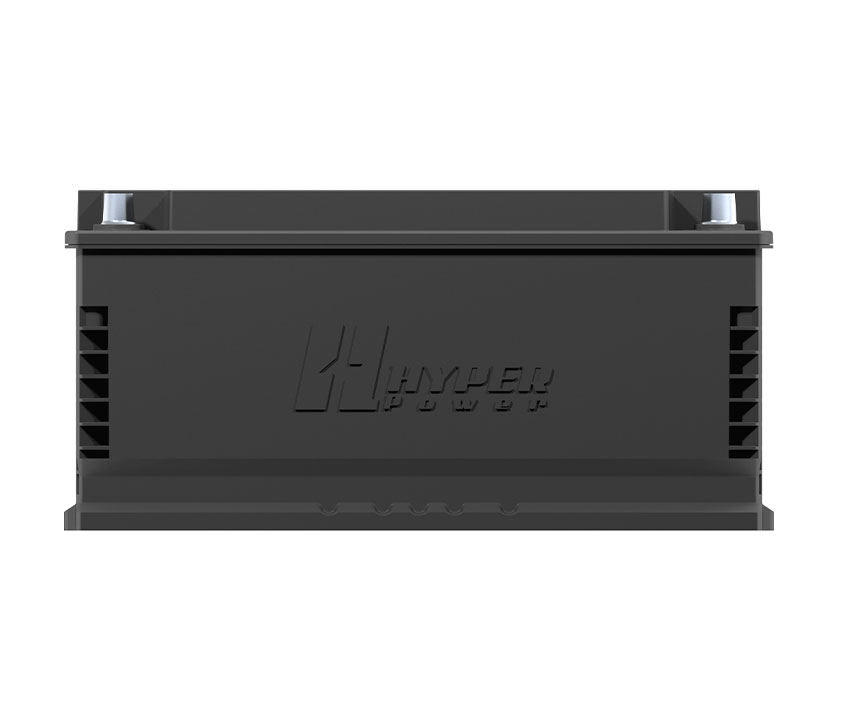
Why the 12V Lithium Ion Car Battery is the Smarter Automotive Power Solution — Insights from JEJE Energy
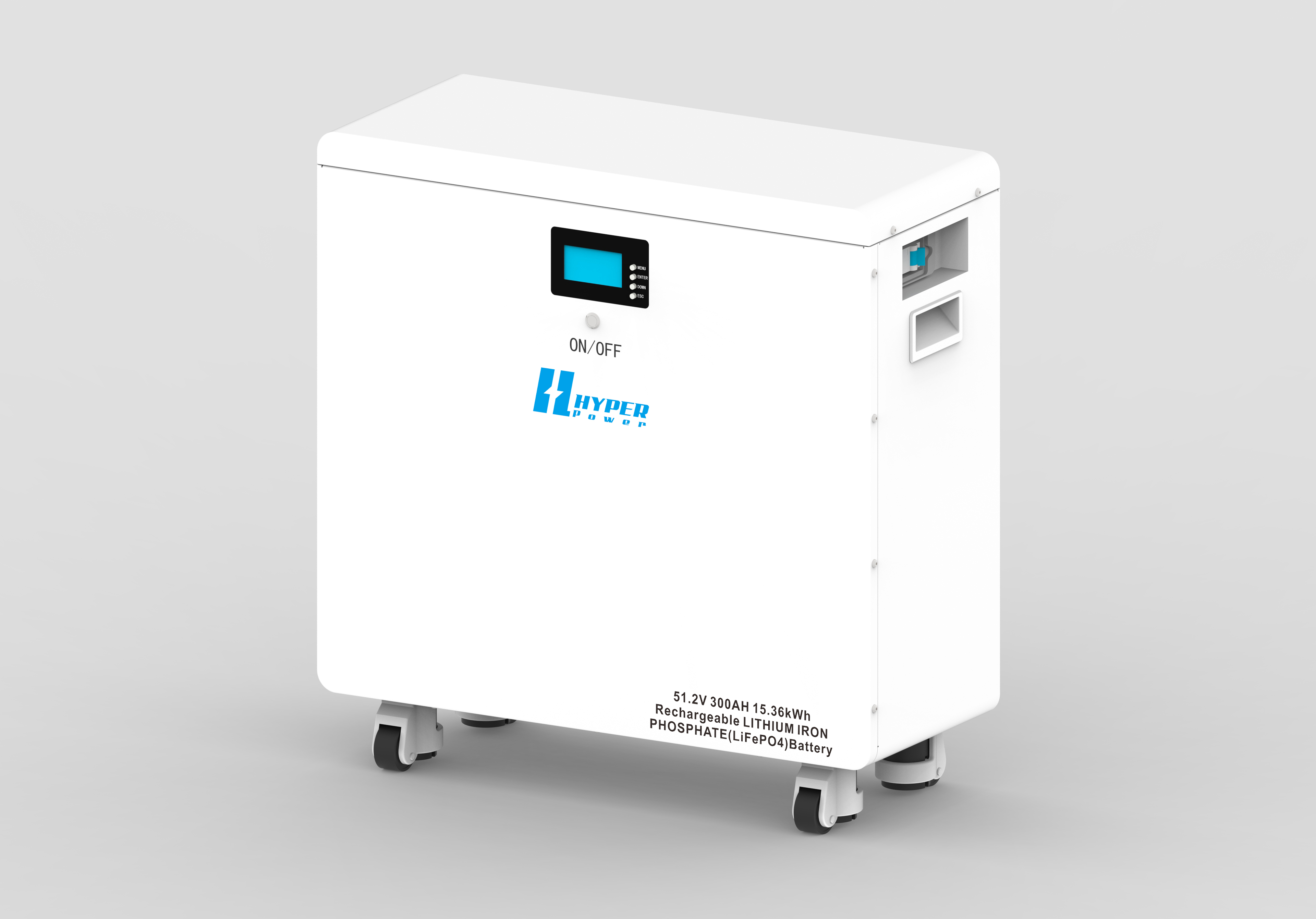









.jpg)











